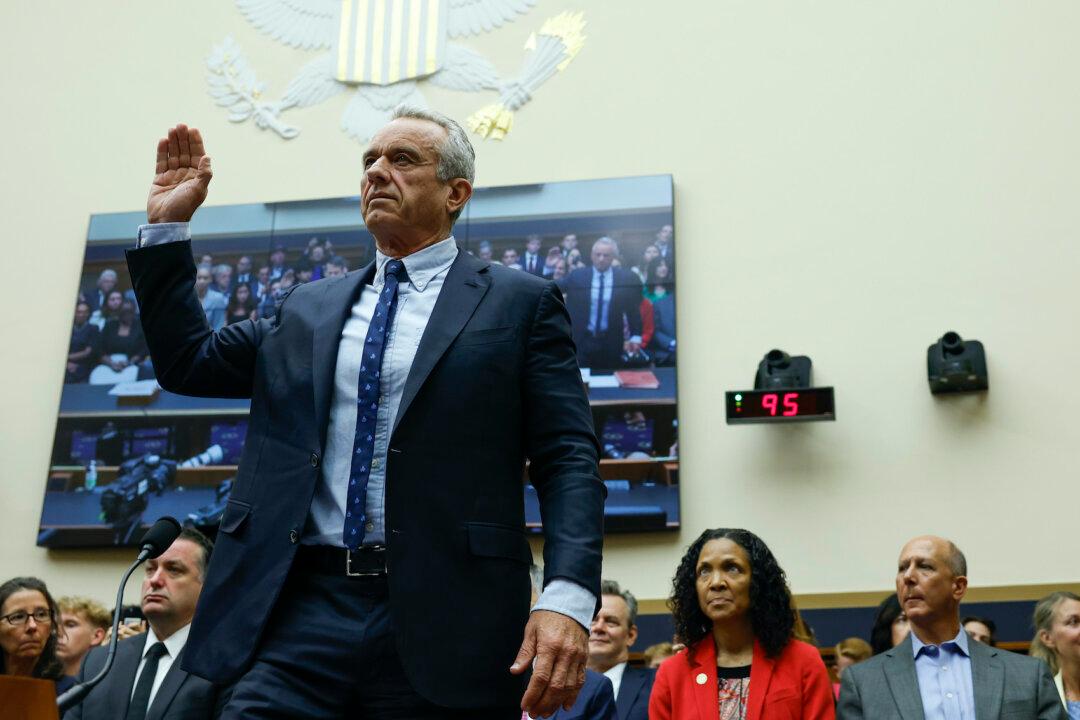A July 20 House Judiciary Committee hearing examining the federal government’s role in censoring Americans Democrats was marked by explosive exchanges between Democrat and Republican representatives about Democrat Robert F. Kennedy Jr.’s comments on vaccines and the COVID-19 pandemic.
The forum also included discussion about social media companies’ handling of the Hunter Biden laptop story and government efforts to direct social media companies to remove “disinformation” and “misinformation.”





